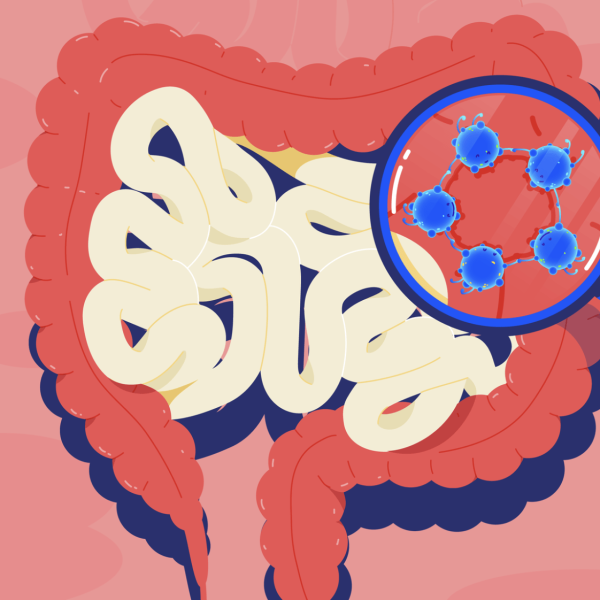Do you know that maintaining a healthy gut microbiome is essential for overall well-being throughout adulthood? It’s true! The trillions of microorganisms living in our digestive system, primarily in the large intestine, play a vital role in our health. That’s why in this blog, we’re going to explore how to maintain a healthy gut microbiome and why it’s so important.
Your Gut Microbiome – What is it?
The gut microbiome is like a bustling metropolis, home to trillions of bacteria, viruses, and fungi, which all play a critical role in our health. They help to break down our food, synthesize vitamins, and support our immune system. If your gut is healthy, you’ll be in good shape. However, an unhealthy gut can lead to various health conditions such as obesity, diabetes, depression, and autoimmune diseases.
Why Gut Health Matters
Research has shown that your gut microbiome has a direct link to your overall health. A healthy gut can improve digestion, boost the immune system, and enhance mental health. But did you know that gut health can also impact weight management? It’s true! Research published in the Journal of Nutrition and Metabolism found that a diverse gut microbiome is associated with a lower body mass index (BMI) and a lower risk of obesity.

How to Maintain a Healthy Gut Microbiome
Maintaining a healthy gut microbiome is not rocket science. Here are some simple steps that you can take to ensure your gut stays healthy:
Eating a balanced diet that is rich in fiber, fruits, and vegetables is key to maintaining a healthy gut microbiome. Fiber is essential for the growth of beneficial bacteria in the gut. A study published in the journal Nutrients found that a high-fiber diet is associated with a more diverse gut microbiome and a lower risk of inflammatory bowel disease.
- Take Probiotics
Probiotics are live bacteria that are beneficial to the gut microbiome. You can find probiotics in fermented foods like yogurt, kefir, and sauerkraut. Research has shown that probiotics can improve gut health and boost the immune system. A study published in the Journal of Clinical Gastroenterology found that probiotics can improve symptoms of irritable bowel syndrome (IBS).
- Reduce Stress
Stress can negatively affect gut health by reducing beneficial bacteria in the gut. Stress can also increase inflammation in the gut, leading to digestive issues. Practising stress-reducing activities like yoga, meditation, and deep breathing can help maintain a healthy gut microbiome.
Regular exercise can improve gut health by increasing the diversity of the gut microbiome. Research published in the International Journal of Environmental Research and Public Health found that exercise is associated with a more diverse gut microbiome and a lower risk of inflammatory bowel disease.
- Avoid Antibiotics Unless Necessary
Antibiotics can disrupt the gut microbiome by killing beneficial bacteria. It is essential to avoid antibiotics unless necessary and to take them as prescribed by a healthcare professional.
- Stay Hydrated
Drinking enough water can help maintain a healthy gut microbiome. Water is essential for digestion and the growth of beneficial bacteria in the gut.
- Get Enough Sleep
Sleep is vital for gut health. Research published in the Journal of Pineal Research found that sleep deprivation can negatively affect the gut microbiome and lead to digestive issues.
Takeaway
Maintaining a healthy gut microbiome is crucial for good health throughout adulthood. A balanced diet, probiotics, stress reduction, regular exercise, avoiding unnecessary antibiotics, staying hydrated, and getting enough sleep can all help to maintain a healthy gut microbiome. Your gut health is essential for proper digestion, immune system functioning, and mental health. Take good care of your gut, and it will take good care of you.























Share this article